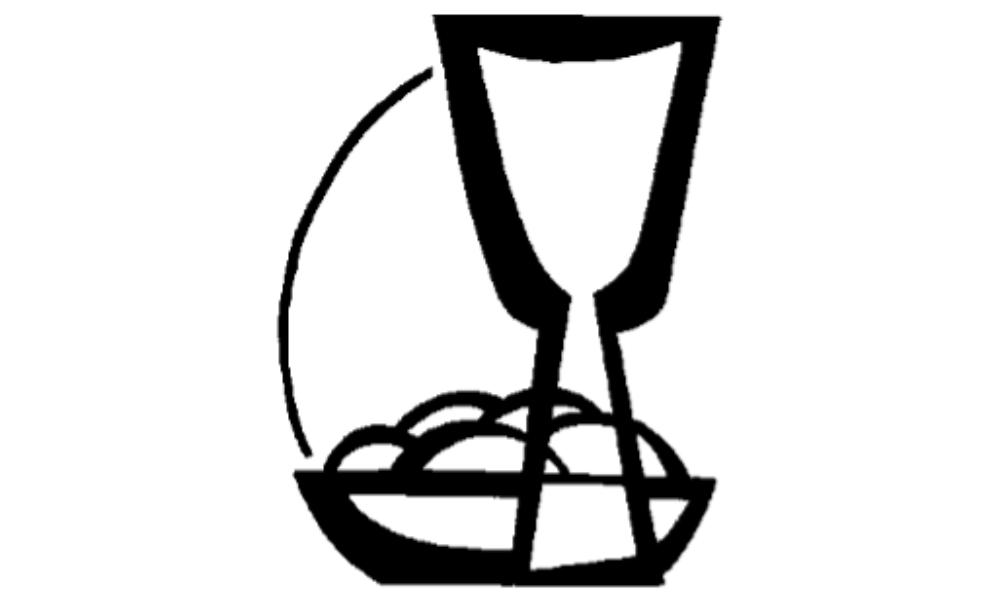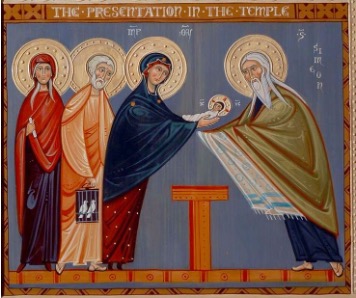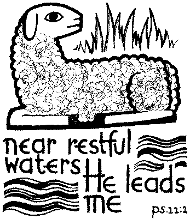Service for the 2nd Sunday before Lent – 12th February 2023
Welcome to St. Paul’s Athens especially if you are here
for the first time or visiting Athens. After the Liturgy we all gather in the church garden for coffee and refreshments. The presiding priest and preacher is Fr. Leonard. We have a POS so you can make your donation by card. Follow the service sheet online – wifi password gu5uX8mmtgb8egak
Entrance Hymn: 263 All creatures of our God and King (omit * 5,6)
Priest: Blessed be the kingdom of God
All: Now and for ever
Priest: The Lord be with you
All: And also with you
The priest then informally welcomes the people of God and leads us into Confession.
(A short period of stillness and silence)
All: Father eternal, giver of light and grace, we have sinned against you and against our neighbour, in what we have thought, in what we have said and done, through ignorance, through weakness, through our own deliberate fault. We have wounded your love, and marred your image in us. We are sorry and ashamed, and repent of all our sins. For the sake of your Son Jesus Christ, who died for us, forgive us all that is past; and lead us out from darkness to walk as children of light. Amen.
Absolution: Almighty God, who forgives all who truly repent, have mercy upon you, pardon and deliver you from all your sins, confirm and strengthen you in all goodness, and keep you in life eternal; through Jesus Christ our Lord. Amen.





